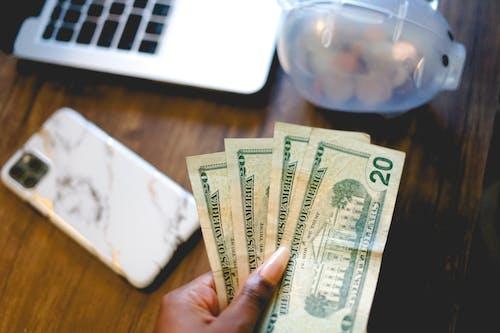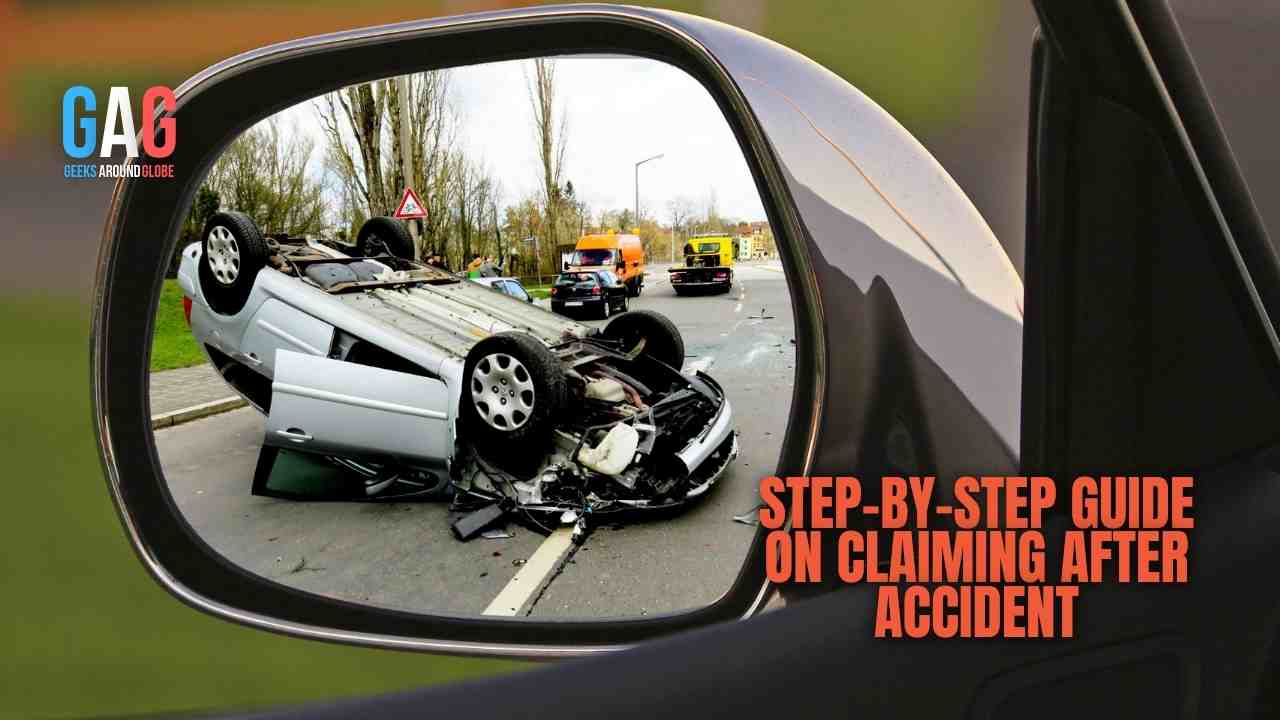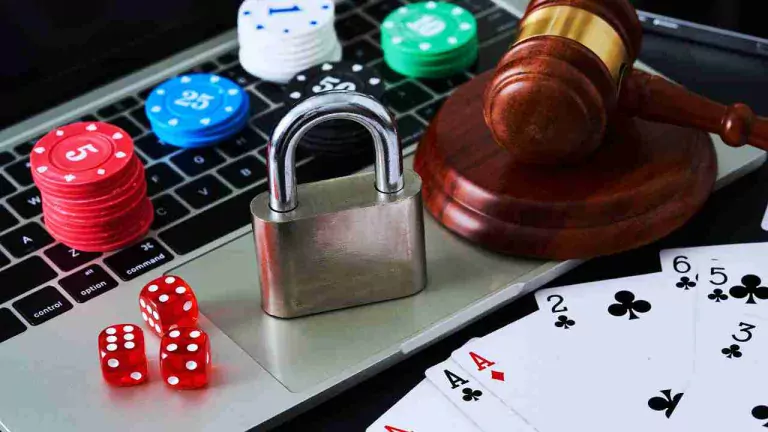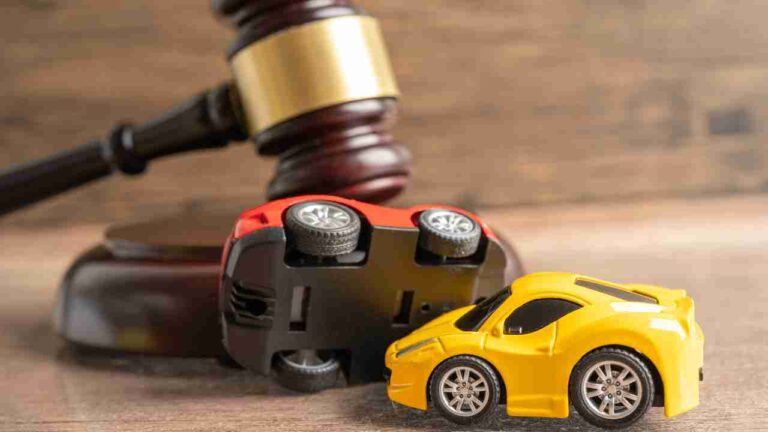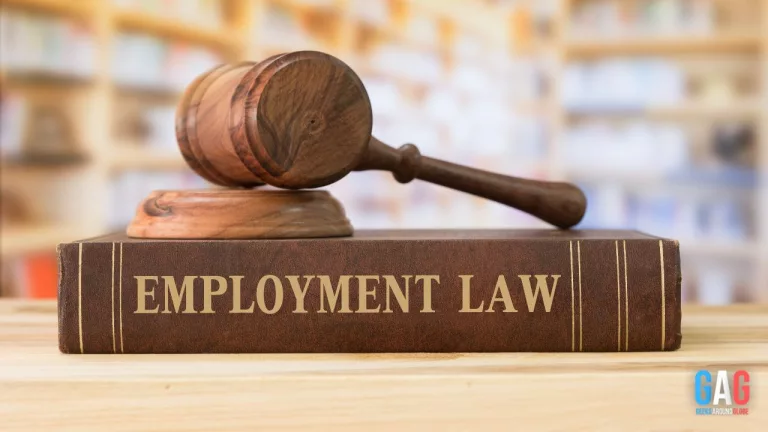When you own cash or other material assets, keeping them safe from damage or loss is essential. In addition, you probably store many valuable objects and information close at hand, whether in your house or office. Valuable jewelry, bank statements, and identification cards are just a few items that should be secured from getting into the wrong hands.
In this article are some tips you should consider when you want to ensure that your monetary assets are in safe hands!
Before We Begin: Probate A Will
You’ve been working hard for your money and want to ensure that things remain fruitful even if you are gone. Right? Well, that is very wise of you.
Trusts and wills are legal documents that ensure assets are passed down to heirs per your wishes, allowing you to provide for people and foundations that are important to you. They both have the potential to be crucial elements of estate planning. However, there are critical differences between trusts and wills, including when they come into effect and whether they can be reversed.
Depending on your situation, you may only require one or the other. Still, some people use both to achieve different results. The right strategy, however, depends on your circumstances. For some, a living trust can be a practical and valuable option. For others, it might be a waste of money and time.
But you need guidance before writing a will and going through the probate process. Well, for your convenience, a probate diy kit by Trust and Will can be helpful. It is a step-by-step guide that offers thorough instructions on executor responsibilities, filing for a probate grant, and carrying out a will.
Your family is, after all, the only people who can safely handle your assets.
Tips To Keep Your Valuables Safe
- Purchase a quality home security system
The purchase of a home security system is an excellent solution. It can warn the authorities if someone does manage to break in and can stop intruders from entering your home. You can choose a home security system that suits your needs and budget thanks to the wide variety of models on the market.
The fact that home security systems are constantly improving and changing is their best feature. You may activate and disarm the system even when you are not at home with newer systems, which can now be managed via your smartphone. In addition, you can get alerts if someone tries to break in while you are away.
- Safeguard your valuables
Keeping your material assets inside a safe is another excellent way to keep them secure. Safes exist in a variety of sizes and styles, and they can be hidden or displayed. They are extremely challenging for thieves to break into.
Even if a thief is successful in breaking into your home, they most likely lack the time and resources necessary to attempt to open a safe. You might also want to purchase a fireproof safe to safeguard your possessions. These safes might be expensive, but if you have precious stuff that you want to keep safe, they are worth the investment.
- Keep your monetary assets items in a self-storage unit
Another fantastic option is to keep your material assets in a self-storage facility if you don’t need to access them frequently. Since these units are often pretty secure, you may rest easy knowing that your possessions are in good hands. Select a secure self-storage facility with round-the-clock security to ensure that your assets are always safe and secure.
Some storage spaces even provide climate-controlled storage to protect your possessions from the weather. This approach will safeguard your possessions and create much-needed space in your house.
- Get insurance
Getting insurance for your possessions is a great additional safeguard for their security. You will be able to receive compensation for their worth if they are ever stolen or lost. Since numerous insurance policies are available, we’re sure you’ll find one that caters to your demands.
To get your belongings insured, you’ll probably need to present evidence of ownership and a value estimate. Once you’ve done that, maintain a copy of the insurance policy in a secure location so you can access it if you ever need to make a claim.
- Guard against natural disasters
First, you can ensure that critical documents about your finances, such as bank account numbers and credit card information, are stored securely. You should also make copies of these documents and keep them at different locations so they’re not all destroyed if a natural disaster strikes.
For example, if you keep these documents in a basement office, you should consider putting them on a flash drive and storing them somewhere else – like an office upstairs or with a trusted family member.
The second thing you can do is invest in some financial protection plan. These plans work like insurance policies, protecting against specific perils like fire or theft.
- Protect your online accounts
Protecting your online accounts is one of the most important things you can do. Here are a few ways to protect yourself:
- Use strong, unique passwords and change them regularly
- Use a password manager and turn on 2-factor authentication
- Never share personal information or photos with people you don’t know well
- Turn off location services if you’re not using them
- Make sure all devices have anti-malware software installed and run scans periodically
- Always run updates for your operating system, apps, browser, and plug-ins
- Carrying your possessions around
There are a few things to keep in mind when you’re out and about that can assist you in safeguarding your possessions.
Always carry your wallet and phone in your front pocket or a tightly closed bag since it is much simpler for someone to steal them from a back pocket. Only use your wallet when necessary when paying for something or using a cash machine, and be careful not to flash your cash about. The same is true with your phone.
Wear your bag around your front, so your hand is over the fastening if you’re carrying one. It will make it simpler for you to detect any snatching attempts.
Conclusion
When it comes to financial matters, you should always be proactive, not reactive, and ensuring your money is safe is crucial today. As you can see, there are a lot of possible threats to your assets, but there are also many practical ways to keep them secure.
Consider one or more of the abovementioned options if you are concerned about your assets. Knowing that your things are always safe will give you comfort, and you can spend more time enjoying the fruits of your labor and less worrying about losing them all.

